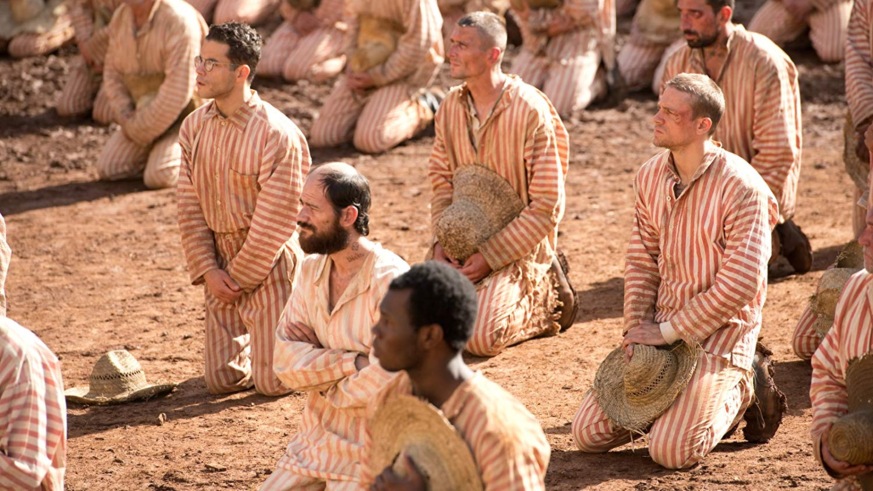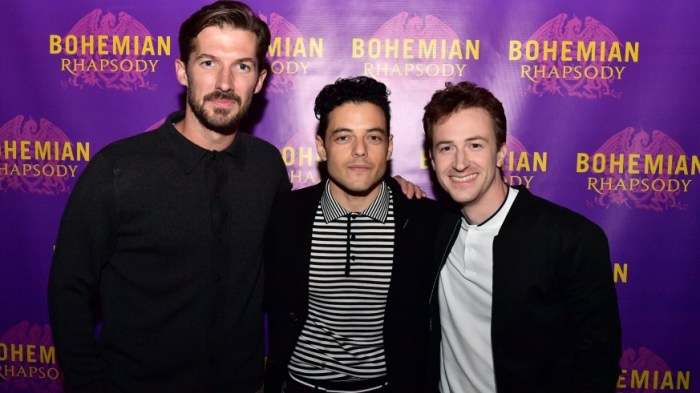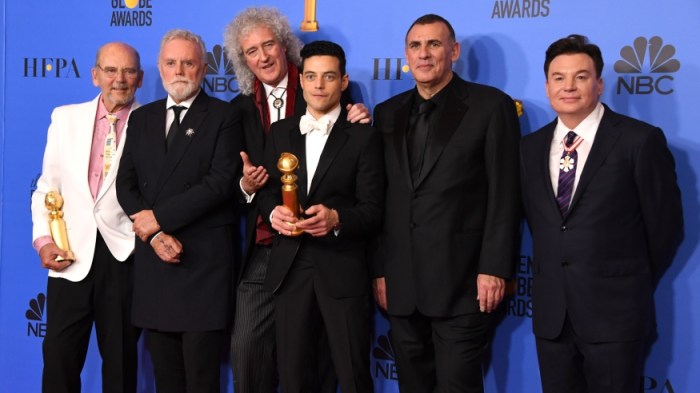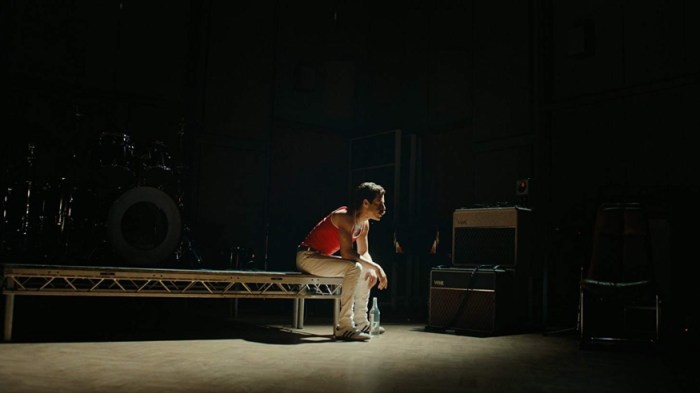Charlie Hunnam and Rami Malek’s Papillon could have taken inspiration from either two sources.
For most people, just hearing the word “Papillon” instantly makes them think of the 1973 prison drama starring Steve McQueen and Dustin Hoffman.
That film was written by and based on the real-life prison escape of French convict Henri Charriere, nicknamed “Papillon,” who was imprisoned between 1933 and 1941, when he ultimately escaped from the penal colony on Devil’s Island in French Guiana, South America. After doing so he wrote the 1969 book, which then inspired the film.
But what was the main inspiration for director Michael Noer’s new version of “Papillon”? Charriere’s book? Or McQueen and Hoffman’s movie? During my recent, separate discussions with both Rami Malek and Noer they had the answer for me.
“The book was source material. Michael gave me another book to look at called ‘The Dry Guillotine’ by Rene Belbenoit,” explained Malek.
Noer later added, “I read the book when I was a teenager. I was always intrigued by these masculine stories, and men fighting within systems or even men and women.”
“For me, there is such a strong DNA in this film of hope in the bleakest environments. My debut film takes place in a prison, and for that film it was very important there was no hope.”
“So, for me, to return to consider returning for the prison genre it had to be the antithesis of the emotion of my past movies.”
“Becoming a dad changed my stance. I don’t want my kid to see the film now, as it is too tough and they would have nightmares, but it is a great film to see as a teenager because it is about friendship and keeping up hope.”
“Which is what originally attracted me to it. Every element of re-writing and casting was about friendship and camaraderie.”
Noer also revealed precisely how Charriere’s original novel helped to inform and assist his “Papillon,” too.
“Even though it is debated how truthful the book is, that is a different conversation. I viewed the book as a journalist, much in the same way that Hunter S Thompson describes beautifully all of his environments and situations.”
“I really loved that about the book. There are so many great details, especially how they hide and transport money. And the conflicts between the inmates and the hierarchy.”
As a rule, Malek made sure not to watch the original “Papillon,” which stars Dustin Hoffman as Louis Dega, even though he acknowledged, “It is a performance that lasts with you.”
“I didn’t want to revisit or go back to it, though. I feel like it had already established itself with me as a young man. As an actor you don’t want to go down that path of overwatching something.”
“Because our job is a sense of imitation, and part of that is embedded in who we are creatively. We will just by osmosis absorb something without being conscious to it.”
Instead, Malek just focused on researching the period in which the film is set, especially when it came to his character, who is a convicted counterfeiter.
“I started dipping into the period, and what it meant to be counterfeiting money in that period and what those white collar criminals looked like.”
“To give me a sense of who they were. I researched the prison environment, and just how brutal it was. That’s what I think this film does such a good job of, just depicting that harsh brutality and reality of those circumstances. “
But how did Malek incorporate this research into his performance?
“It is as simple as thinking how much bread I will get in one scene. That was obviously of the utmost importance to someone incarcerated there.”
“Or being locked up by your ankles at night to go to sleep. That was something I saw in all of my research, which then quite literally took hold of me in the scene.”
“Those little nuances give you a sense, a small sense, I would never compare it to the real thing, but a sense of what it was like for those guys and the dependence that you have on one another.”
“I guess as much as research as you can do, to have another actor there that is as invested as they can trumps all of that. Because you end up telling this story of co-dependence under the harshest of circumstances”
“Papillon” is released on August 24.
























